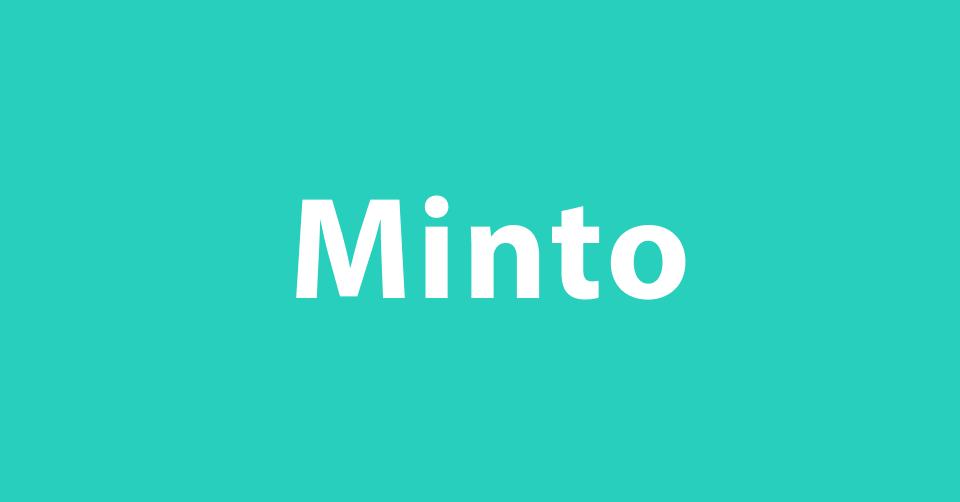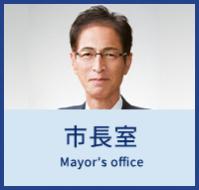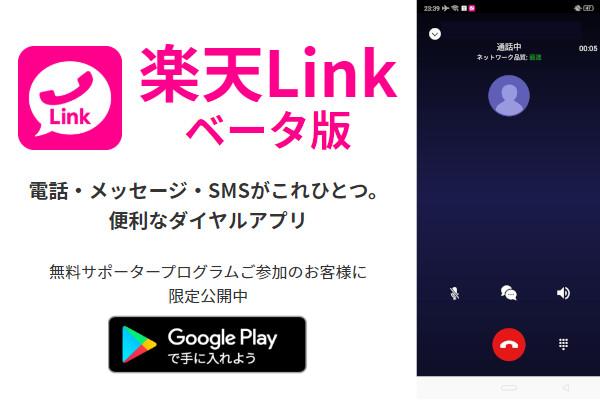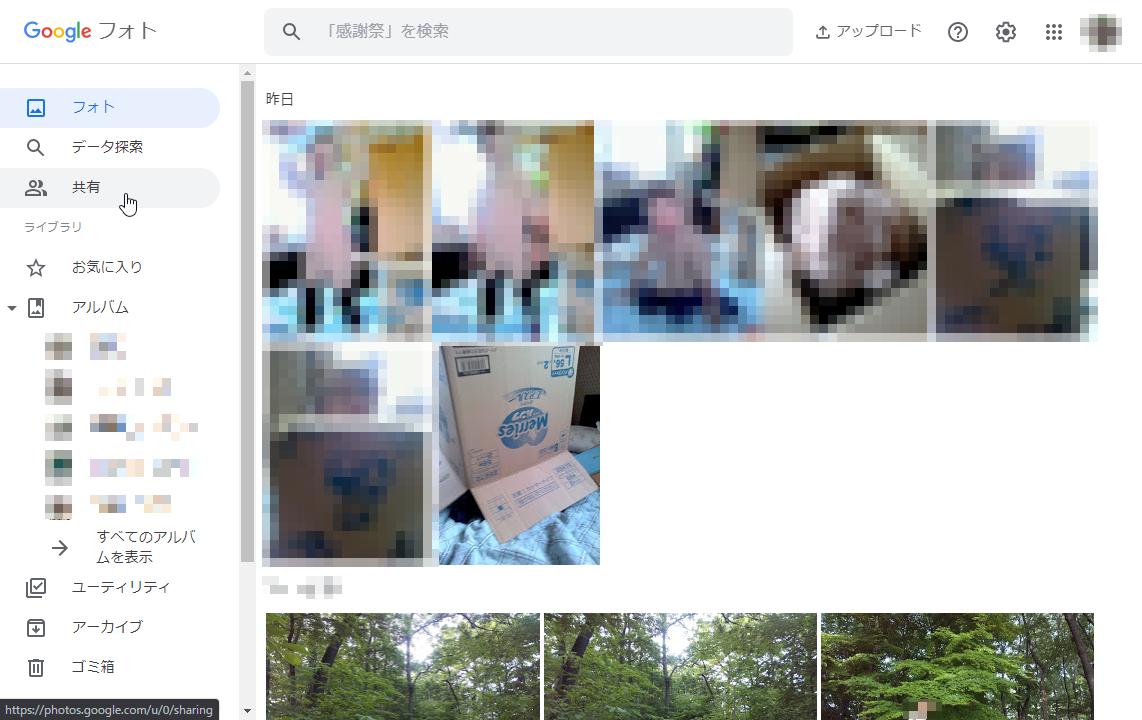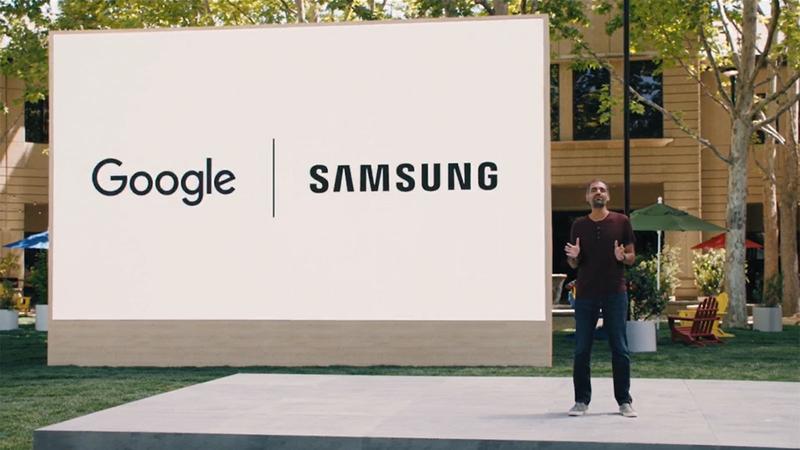Telephone charges have increased by 1 yen since July. Why? (Financial Field) --Yahoo! News
delivery
4 comments 4Telephone charges have increased by 1 yen since July. Why?
You can check the billing details for one month's telephone charges in writing or electronically in the next month. In the case of my mobile phone, calls are often within the flat-rate option, and high-speed communication data usage is often within the low range, and the charge has been fixed every month for the past few years. However, if you look closely at the amount billed for July this year (2021), what was 5151 yen (including consumption tax) in June was 5152 yen (same). When I checked the details, I found that the unfamiliar billing item was 1 yen (excluding consumption tax, the same applies to the billing item amount thereafter).
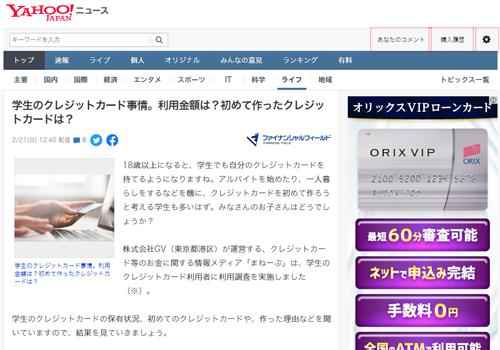
The same was true for "universal service charges"
From the fall of last year to this year, the reduction of mobile phone charges has materialized at major companies. Many of you would have taken a closer look at the monthly statement of usage charges, which you may not normally see in detail, to see if the plan change would benefit from the price cut. In the billing items on such a statement, I wrote about the "universal service fee" that I don't really care about. Communication services (basic telecommunications services) that are indispensable to people's lives and should be provided throughout Japan. There were three types: (1) subscriber telephones (basic charges), (2) public telephones (installed based on the notification of the Ministry of Internal Affairs and Communications), and (3) emergency calls such as 110 and 119. The point is, "It's not profitable, but it's a communication service that must be provided anywhere in the country, so let's share the cost for that with all the carriers." Let's have people pay for it little by little. " It is reviewed every year (every six months), and the monthly amount per number has been changing at 2 yen or 3 yen recently. It has been 2 yen last year and 3 yen from January this year.
What is "telephone relay service"?
Then, what was the addition of 1 yen as a new billing item from July this year? It is a "telephone relay service fee". Many people may not be familiar with it, but the following outline can be confirmed from the contents announced by the Ministry of Internal Affairs and Communications (* 1) and NTT DoCoMo (* 2).
1/2 page
Last updated: Financial field
